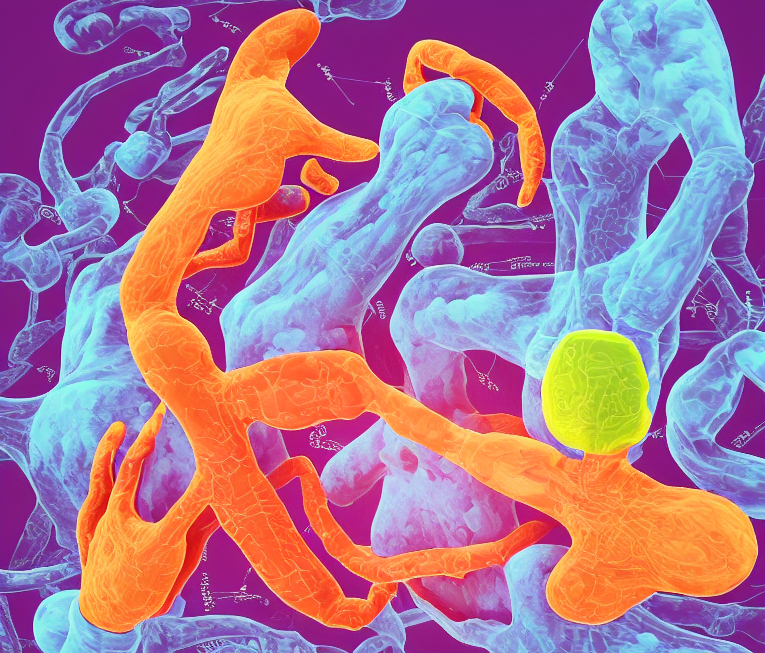Discussing recreational substances, sooner or later it comes to Serotonin Syndrome. His cunning lies in the fact that this is a relatively rare condition with a very vague clinical picture. And at the same time very dangerous. So we’ll talk about many aspects before getting to the first aid Serotonin Syndrome. Let’s go!
What Is Serotonin Syndrome?

Serotonin syndrome or Serotonin Toxicity is a potentially life-threatening condition that occurs when there is an excess of serotonin in the body. Serotonin is a chemical messenger or neurotransmitter, that is responsible for regulating various physiological functions, including mood, appetite, and sleep. It is also part of our Reward System.
In normal circumstances, serotonin is released from nerve cells in a controlled manner and is then rapidly broken down by enzymes. However, in first aid Serotonin Syndrome, the levels of serotonin become too high, often due to the use of certain drugs or supplements that increase serotonin levels or inhibit its breakdown.
Who gets Serotonin Syndrome?
Serotonin syndrome can occur in almost anyone. Factors that may increase the risk of serotonin syndrome include taking multiple medications that increase serotonin levels or inhibit its breakdown, taking high doses of these medications, or using medications or supplements that are known to interact with each other in ways that can lead to serotonin syndrome.
This condition is triggered by medications that increase serotonin receptor activation in the body, such as SSRIs, MAOIs, opioid analgesics, antiemetics, and drugs. Since these medications are widely used, especially in combination, a large portion of the population is at risk for developing fisrt aid Serotonin syndrome.
Causes and Risk Factors
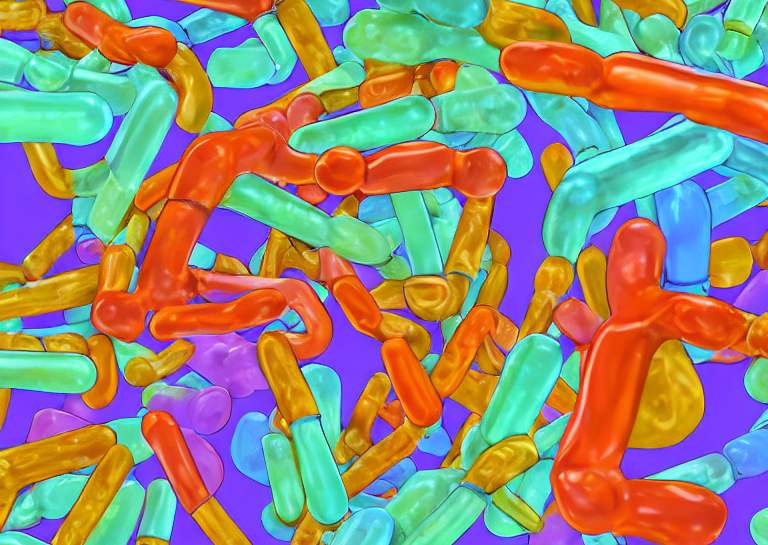
The primary cause of serotonin syndrome is an excess of serotonin in the body. This can occur when there is too much serotonin released or when the body is unable to break down serotonin properly. Some of the most common Serotonin Syndrome Causes and risk factors include:
Medications: Serotonin syndrome is most commonly caused by the use of medications that increase serotonin levels or inhibit its breakdown. Examples of such medications include selective serotonin reuptake inhibitors (SSRIs), serotonin and norepinephrine reuptake inhibitors (SNRIs), tricyclic antidepressants, monoamine oxidase inhibitors (MAOIs), opioids, and certain migraine medications.
Antidepressants are the most frequent drug triggers of SS, and their use among adults in the United States has increased significantly from 6% in 1999 to 10.4% in 2010. Additionally, reported cases of SSRI ingestion have increased by nearly 15% from 2002 to 2005.
Supplements: Certain supplements, such as St. John’s Wort, can also increase serotonin levels and increase the risk of serotonin syndrome.
Drug interactions: Combining multiple medications or supplements that increase serotonin levels or inhibit its breakdown can also increase the risk of serotonin syndrome.
Underlying medical conditions: Certain medical conditions, such as Parkinson’s disease, can affect the body’s ability to regulate serotonin levels and increase the risk of serotonin syndrome.
Genetics: Some individuals may have a genetic predisposition to developing serotonin syndrome.
It is important to note that the risk of serotonin syndrome can vary widely depending on the individual and the specific medications or supplements being used.
Associated drugs and medications
Drugs associated with development of serotonin syndrome, classified according to their mechanism of action:
| Synthesis and Release | |
| Increase Serotonin Synthesis | Dietary supplements: L-tryptophan |
| Increase Serotonin Release | Psychostimulants: Amphetamines, phentermine, MDMA Antidepressants: mirtazapine Opioids: meperidine, oxycodone, tramadol Cough suppressants: dextromethorphan |
| Metabolism | |
| Inhibit Serotonin Uptake | Psychostimulants: Amphetamines, MDMA, cocaine Antidepressants: trazodone SNRI: desvenlafaxine, duloxetine, venlafaxine SSRI: citalopram, escitalopram, fluoxetine, fluvoxamine, paroxetine, sertraline TCA: amitriptyline, amoxapine, clomipramine, desipramine, doxepin, imipramine, maprotiline, nortriptyline, protriptyline, trimipramine Opioids: meperidine, methadone, tramadol Cough suppressants: dextromethorphan |
| Inhibit Serotonin Metabolism | Anxiolytics: buspirone MAOI: furazolidone, isocarboxazid, linezolid, methylene blue, phenelzine, selegiline, tranylcypromine |
| Inhibit Cytochrome P450 Microsomal Oxidases | CYP2D6 Inhibitors: fluoxetine, sertraline Substrates: dextromethorphan, oxycodone, risperidone, tramadol CYP3A4 Inhibitors: ciprofloxacin, ritonavir Substrates: methadone, oxycodone, venlafaxine CYP2C19 Inhibitors: fluconazole Substrates: citalopram |
| Receptor Activation | |
| Activate Serotonin Receptors | Hallucinogen: LSD Anxiolytics: buspirone Antidepressants: trazodone Opioids: fentanyl, meperidine Mood stabilizers: lithium |
Symptoms
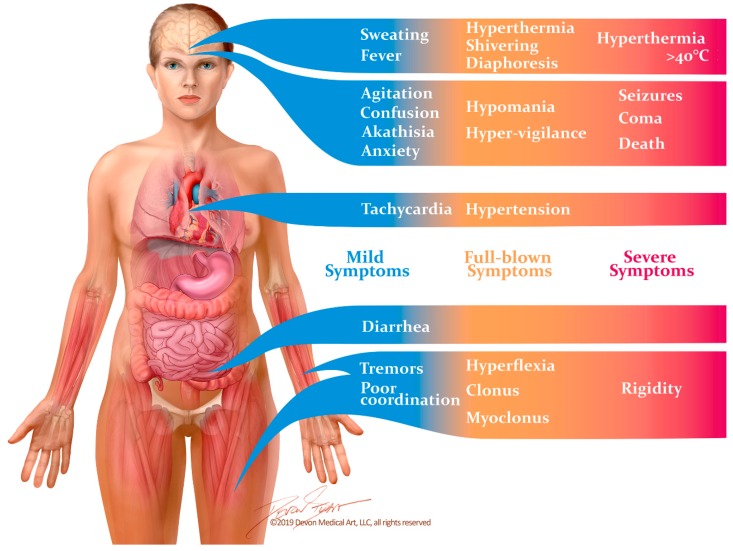
Serotonin syndrome is a potentially life-threatening condition that can cause a wide range of symptoms, which can vary in severity. Serotonin Syndrome Symptoms may include:
- Agitation or restlessness
- Confusion or disorientation
- Rapid heartbeat (tachycardia) or irregular heartbeat (arrhythmia)
- High blood pressure (hypertension)
- Dilated pupils (mydriasis)
- Muscle rigidity or stiffness (rigidity)
- Muscle twitching or tremors (myoclonus)
- Excessive sweating (diaphoresis)
- Shivering or shaking
- Diarrhea or loose stools
- Headache
- Nausea or vomiting
- Goosebumps (piloerection)
- Rapid breathing (hyperventilation)
- High fever (hyperthermia)
- Seizures or convulsions
- Loss of consciousness or coma
How quickly do symptoms of serotonin syndrome develop?
The onset of symptoms of serotonin syndrome can vary depending on the individual and the underlying cause. In some cases, symptoms may develop rapidly within a few hours of taking a medication or supplement that increases serotonin levels or inhibits its breakdown, while in other cases, symptoms may take several days to appear.
The severity of symptoms can also vary widely, ranging from mild to life-threatening. Mild symptoms may include shivering, sweating, diarrhea, and agitation, while more severe symptoms can include high fever, muscle rigidity, seizures, and coma.
If you are taking medications or supplements that can increase serotonin levels or inhibit its breakdown, it is important to be aware of the signs and symptoms of serotonin syndrome and to seek medical attention immediately if you experience any symptoms that may indicate the condition. Early recognition and treatment of serotonin syndrome can help prevent serious complications and improve outcomes.
Diagnosis
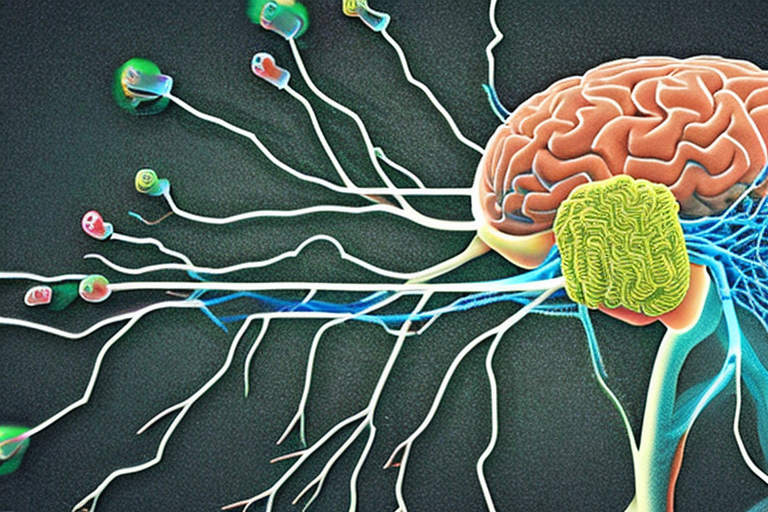
Diagnosing serotonin syndrome can be challenging because its symptoms can resemble those of other conditions. However, a healthcare provider can make a diagnosis of serotonin syndrome based on a combination of clinical assessment and laboratory tests. The diagnostic criteria for serotonin syndrome include:
- The use of a medication or supplement that increases serotonin levels
- The presence of at least three of the following symptoms:
- The onset of symptoms within a few hours to a few days after starting or increasing the dose of the medication or supplement
- The absence of other medical or psychiatric conditions that could explain the symptoms
- In addition to clinical assessment, laboratory tests may be ordered to confirm the diagnosis of serotonin syndrome and rule out other conditions. These tests may include blood tests to measure serotonin levels, as well as tests to check for organ dysfunction, electrolyte imbalances, and other abnormalities.
Diagnosing comparison
The table below shows comparison between the Sternbach, Radomski, and Hunter Criteria for diagnosing serotonin toxicity:
| Sternbach Criteria | Radomski Criteria | Hunter Criteria | |
| Inclusion Criteria | Presence of serotonergic medication | Presence of serotonergic medication | Presence of serotonergic medication |
| Exclusion Criteria | Presence of other possible disease etiologies (infection, substance abuse, and withdrawal) and/or recent addition (or increase in dose) of neuroleptic medication. | None | None |
| Signs and Symptoms | At least three of the following signs/symptoms: Mental status changes (confusion, hypomania) Agitation Myoclonus Hyperreflexia Diaphoresis Shivering Tremor Diarrhea Incoordination Fever | Either four major, or three major plus two minor signs/symptoms: Major: Impaired consciousness Elevated mood Semicoma/coma Myoclonus Tremor Shivering Rigidity Hyperreflexia Fever Sweating Minor: Restlessness Insomnia Incoordination Dilated pupils Akathisia Tachycardia Tachypnea/Dyspnea Diarrhea Hypertension/hypotension | Any of the following combinations of primary (1°) ± secondary (2°) signs/symptoms: 1°: Spontaneous clonus alone 1°: Inducible clonus AND 2°: Agitation or diaphoresis 1°: Ocular clonus AND 2°: Agitation or diaphoresis 1°: Tremor AND 2°: Hyperreflexia 1°: Hypertonicity AND fever (temperature >38 °C) AND 2°: Ocular clonus or inducible clonus |
Fist Aid
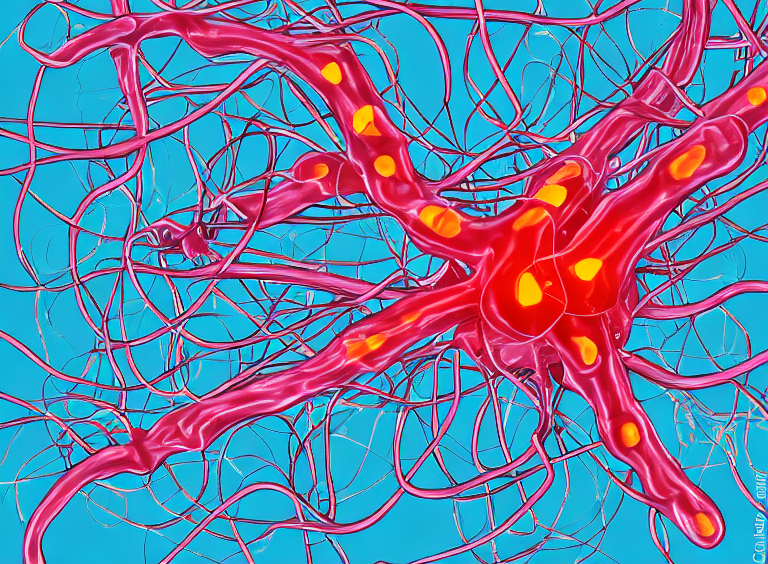
If you suspect that someone may be experiencing serotonin syndrome, it is important to seek medical attention immediately. In the meantime, you can provide first aid to help manage the person’s symptoms and prevent further complications. Here are some steps you can take:
Call for emergency medical assistance: Call 911 or your local emergency number immediately if you suspect someone is experiencing serotonin syndrome.
Stop any medications or supplements: If the person is taking any medications or supplements that can increase serotonin levels, stop them immediately. Do not attempt to do this without consulting a healthcare provider.
Provide supportive care: Help the person to a comfortable position, and monitor their vital signs, including their heart rate, breathing rate, blood pressure, and temperature. If the person is experiencing muscle rigidity or seizures, try to prevent them from injuring themselves by gently restraining them or cushioning their head.
Stay with the person: Stay with the person until emergency medical services arrive. Try to keep them calm and reassure them that help is on the way.
Provide information to medical professionals: If possible, provide medical professionals with information about the person’s medications and any other substances they may have taken.
It is important to note that these steps are not a substitute for professional medical attention. Serotonin syndrome is a medical emergency that requires prompt treatment by a healthcare provider.
Treatment
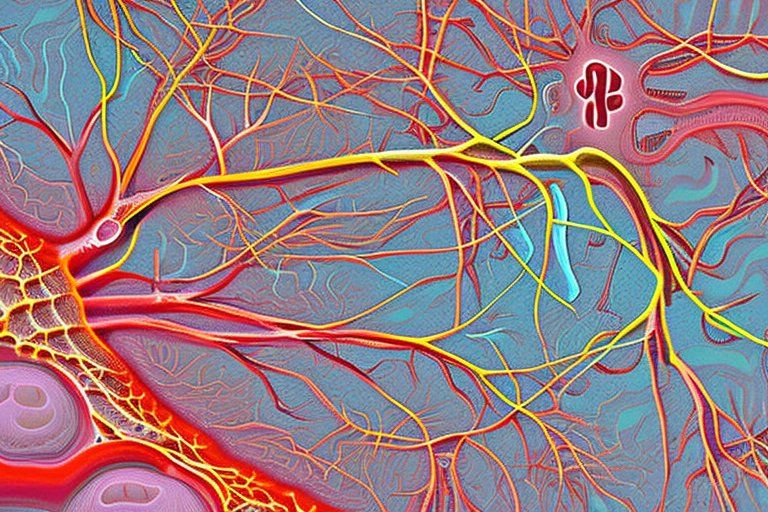
Serotonin Syndrome Treatment typically involves stopping the medication or supplement that is causing the condition and providing supportive care to manage symptoms. Depending on the severity of the symptoms, hospitalization may be necessary.
The following are some of the most common treatments for serotonin syndrome:
Discontinuing medications: The first step in treating serotonin syndrome is to stop any medications or supplements that are causing the condition. Within 24 hours, 70% of patients recover completely, while 40% require admission to an intensive care unit, and only 25% require endotracheal intubation.
Supportive care: Supportive care is essential in managing the symptoms of serotonin syndrome. This may include measures to control fever, hydration, and close monitoring of vital signs.
Medications to control symptoms: Medications may be used to control specific symptoms of serotonin syndrome. For example, benzodiazepines may be used to treat agitation and muscle rigidity, while anticonvulsants may be used to treat seizures.
Serotonin-blocking agents: Since life-threatening symptoms like rigidity and hyperthermia only result from stimulation of 5-HT2A receptors, targeted therapy would ideally focus on this particular receptor. While animal studies have shown that the 5-HT2A blockers ritanserin and pimperone are effective in treating, there are currently no approved 5-HT2A receptor antagonists for human use, nor are there medications that can increase the body’s serotonin clearance. This information can be outdated. Please inform me, if you know more.
Most of the medications currently recommended for treating Serotonin toxicity are nonselective receptor antagonists. Atypical antipsychotic agents like olanzapine and chlorpromazine, which possess 5-HT2A antagonist activity, have anecdotal evidence supporting their use. Another potential treatment is the nonselective 5-HT1A and 5-HT2A antagonist cyproheptadine, which has shown some success in the medical literature.
Others: Other alternative symptomatic therapies include the beta blocker propranolol, which has 5-HT1A antagonist activity and can alleviate Serotonin syndrome-related tachycardia. Nevertheless, like chlorpromazine, its use is discouraged due to concerns regarding drug-related hypotension. Additionally, the NMDA receptor antagonist memantine has demonstrated some promise in treating toxicity in rat models, but there is currently no evidence supporting its therapeutic efficacy in humans.
It is important to note that the treatment of serotonin syndrome should be managed by a healthcare provider. Do not attempt to manage the condition on your own. Early diagnosis and treatment can improve outcomes and prevent complications.
Serotonin Syndrome Complications

Serotonin syndrome is a potentially life-threatening condition that can lead to a number of serious complications if left untreated. Some of the most common complications of serotonin syndrome include:
Seizures: Seizures are a common complication of serotonin syndrome and can be life-threatening.
High fever: A high fever can develop in severe cases of serotonin syndrome and can lead to dehydration and other complications.
Kidney failure: In rare cases, serotonin syndrome can cause kidney failure, which can be life-threatening.
Disseminated intravascular coagulation (DIC): DIC is a condition that causes abnormal clotting in the blood vessels, which can lead to organ damage and other complications.
Cardiovascular complications: Severe cases of serotonin syndrome can cause cardiovascular complications such as irregular heartbeat (arrhythmia), high blood pressure (hypertension), and heart failure.
Respiratory failure: In severe cases, serotonin syndrome can lead to respiratory failure, which can be life-threatening.
It is important to note that the risk of complications from serotonin syndrome can vary widely depending on the individual and the severity of the condition. If you suspect that you or someone else may be experiencing serotonin syndrome, seek medical attention immediately to prevent complications and improve outcomes.
Prevention
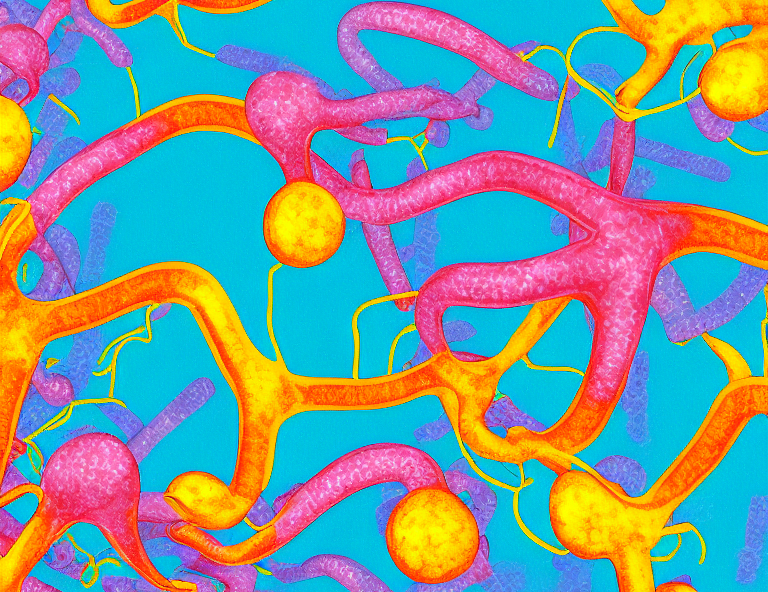
The following are some steps that can help prevent serotonin syndrome:
Follow medication instructions: Take medications as prescribed by your healthcare provider, and do not increase or decrease doses without consulting them first. Also, do not take any new medications or supplements without first discussing them with your healthcare provider.
Be aware of medication interactions: Some medications can interact with others to increase the risk of serotonin syndrome. Make sure your healthcare provider is aware of all medications and supplements you are taking, including over-the-counter medications and herbal supplements.
Monitor symptoms: If you are taking a medication that can increase serotonin levels, monitor yourself for symptoms of serotonin syndrome, such as agitation, confusion, rapid heartbeat, high blood pressure, dilated pupils, muscle rigidity, muscle twitching, excessive sweating, shivering, diarrhea, headache, nausea, vomiting, goosebumps, rapid breathing, high fever, seizures, or loss of consciousness. Seek medical attention immediately if you experience any of these symptoms.
Above all. You need to remember and always adhere to The Rule:
If something increases the level of serotonin or reduces its processing, it should be taken very discreetly and according to the recommendations. And also, in no case should it be mixed with anything else that raises serotonin levels or reduces its processing. Easy as pie.
Conclusion
Serotonin syndrome is a rare but potentially life-threatening condition that can occur when there is an excess of serotonin in the body. It can result from the use of certain medications, supplements, or drugs that increase serotonin levels. Symptoms of serotonin syndrome can range from mild to severe and can include agitation, confusion, muscle rigidity, seizures, and high fever. The condition can be challenging to diagnose, but early recognition and treatment are crucial. Treatment typically involves discontinuing the medication or supplement causing the condition and providing supportive care to manage symptoms. Prevention involves careful medication management, monitoring for symptoms, and prompt medical attention if symptoms develop. If you suspect that you or someone else may be experiencing serotonin syndrome, seek medical attention immediately.
✔️
This marks the finish of today’s session. It is my hope that this piece was enlightening.
If you desire to advance the growth of this blog, I suggest the following actions:
- Follow my Twitter.
- Circulate a link to this article among your associates.
- Give recognition to this blog on relevant platforms or discussion groups.
Should you identify any necessary additions or corrections in this article, feel free to initiate a dialogue with me via Contact Form. I am always open to communication.
I express my gratitude for your valuable time and consideration.


